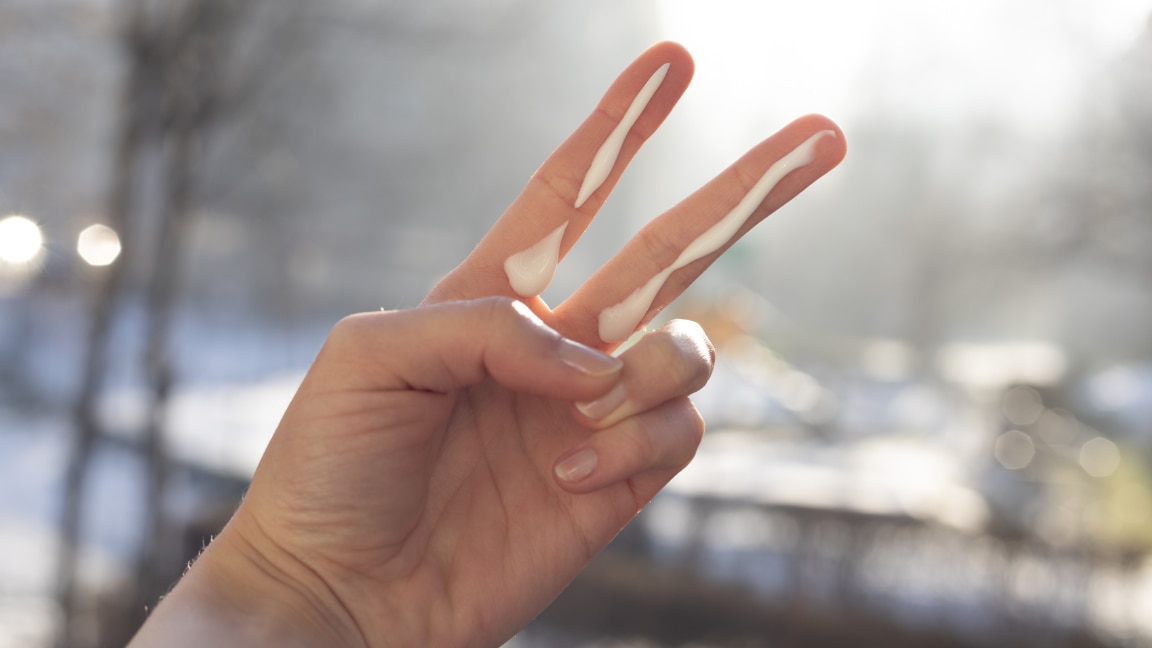If you're guilty of packing away your SPF as soon as winter hits, you're not alone. Most of us associate sunscreen with sun-drenched beach days and sweaty summers. But here's the catch, the sun doesn't take a holiday when the weather cools down. Even when it's chilly, cloudy, or foggy, UV rays still sneak through and can quietly damage your skin. That means sunscreen is a year-round essential, not just a summer fling.
So if you've ever wondered, can we use sunscreen in winter? The answer is a big, glowing yes. Let's talk about why that little tube of SPF deserves a permanent spot on your bathroom shelf, no matter the season.
01Why You Need Sunscreen in Winter

Think your skin is safe because it's cold or you're spending more time indoors? Think again. Here's why sunscreen is non-negotiable even when it's freezing outside:
- UV rays don't take breaks:
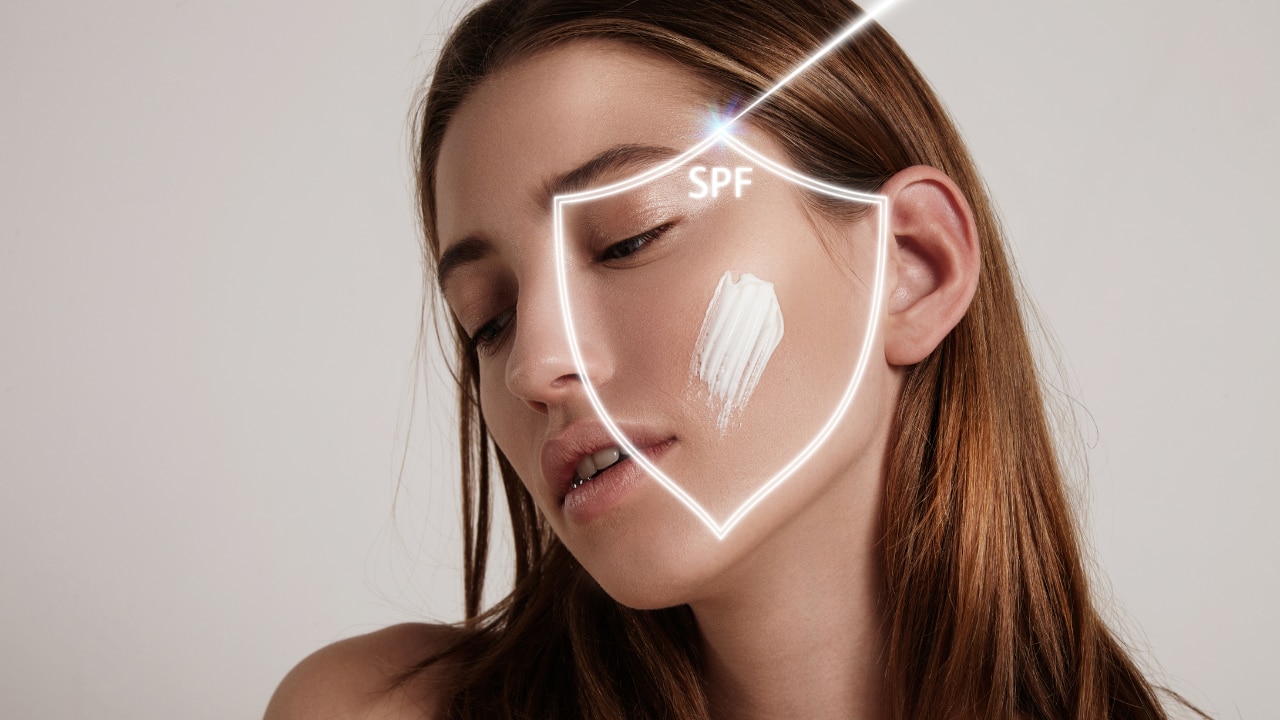
Up to 80% of UV rays still penetrate clouds, meaning your skin is exposed even on gloomy days.
- Snow reflects sunlight:
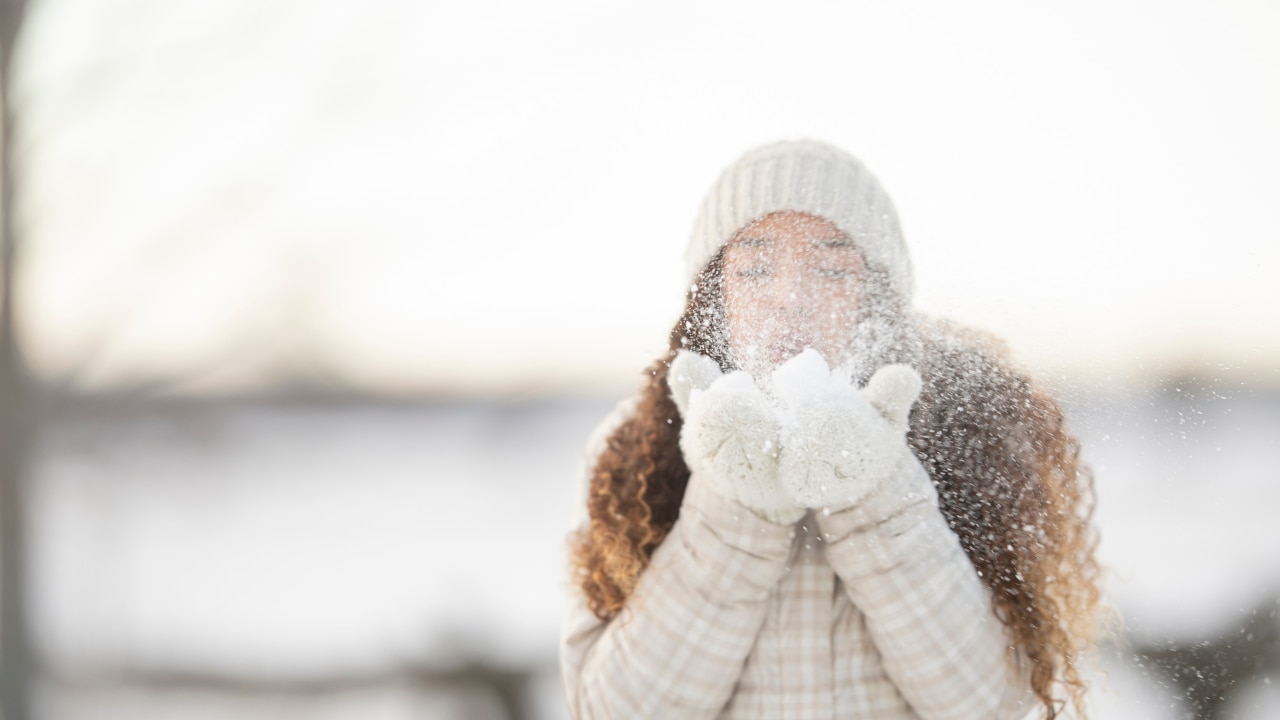
Snow can reflect nearly 80% of UV rays, increasing your risk of sun damage — especially if you're skiing or travelling to colder regions.
- Winter sunburn is real:
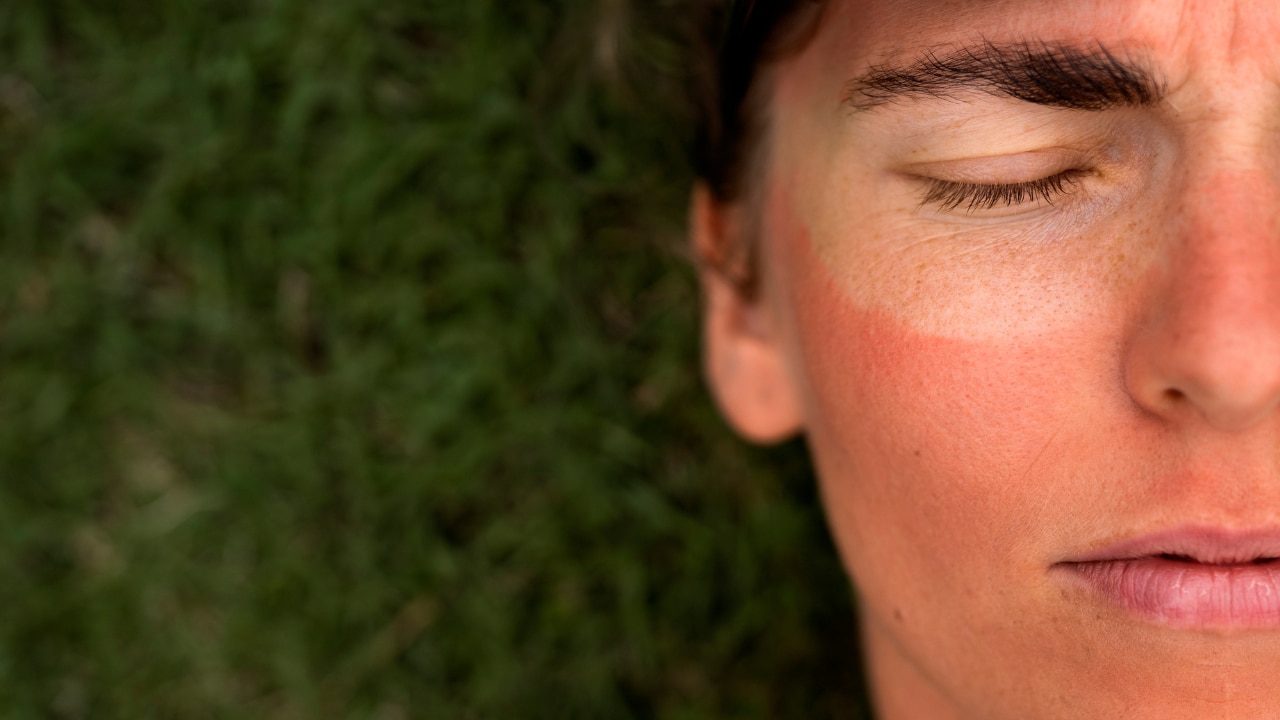
Chilly weather may mask the sting, but your skin can still burn from prolonged exposure.
- Indoor exposure counts too:

Blue light from screens and UVA rays that pass through windows can cause premature ageing and pigmentation.
- Skin barrier is weaker in winter:
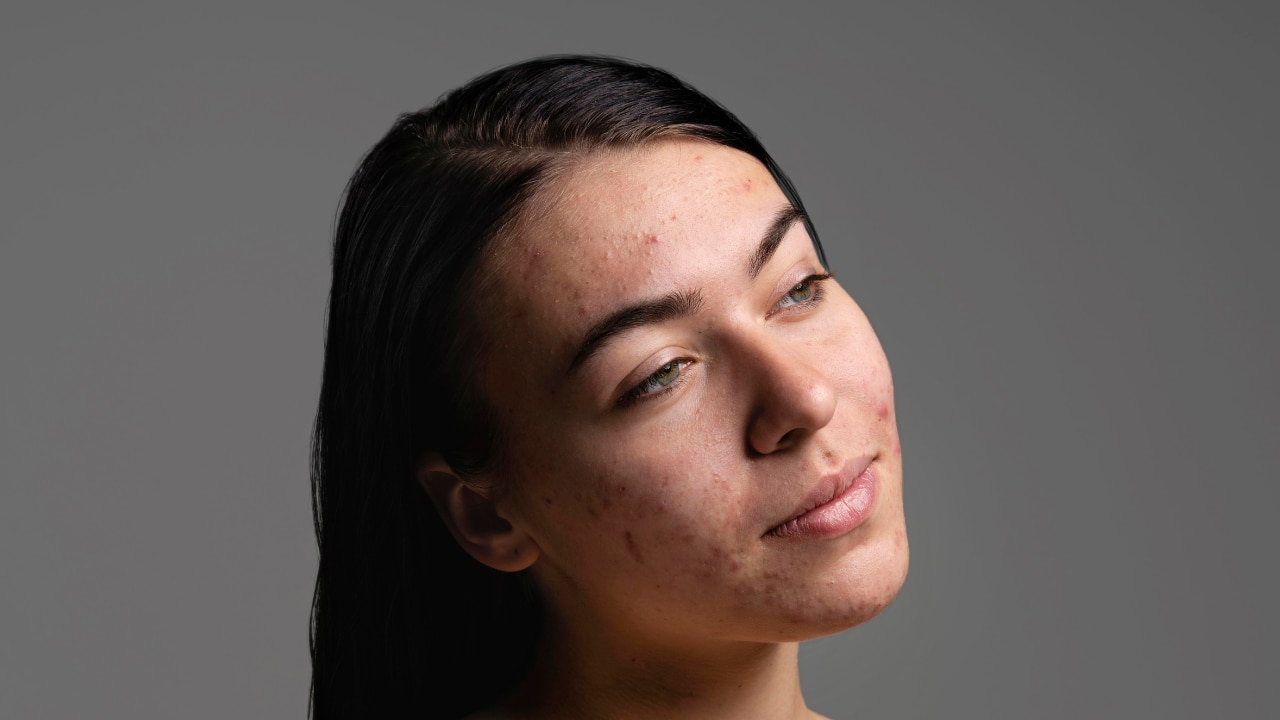
Cold air and low humidity strip your skin's moisture, making it more vulnerable to UV-induced damage.
- Prevents dullness and dark spots:
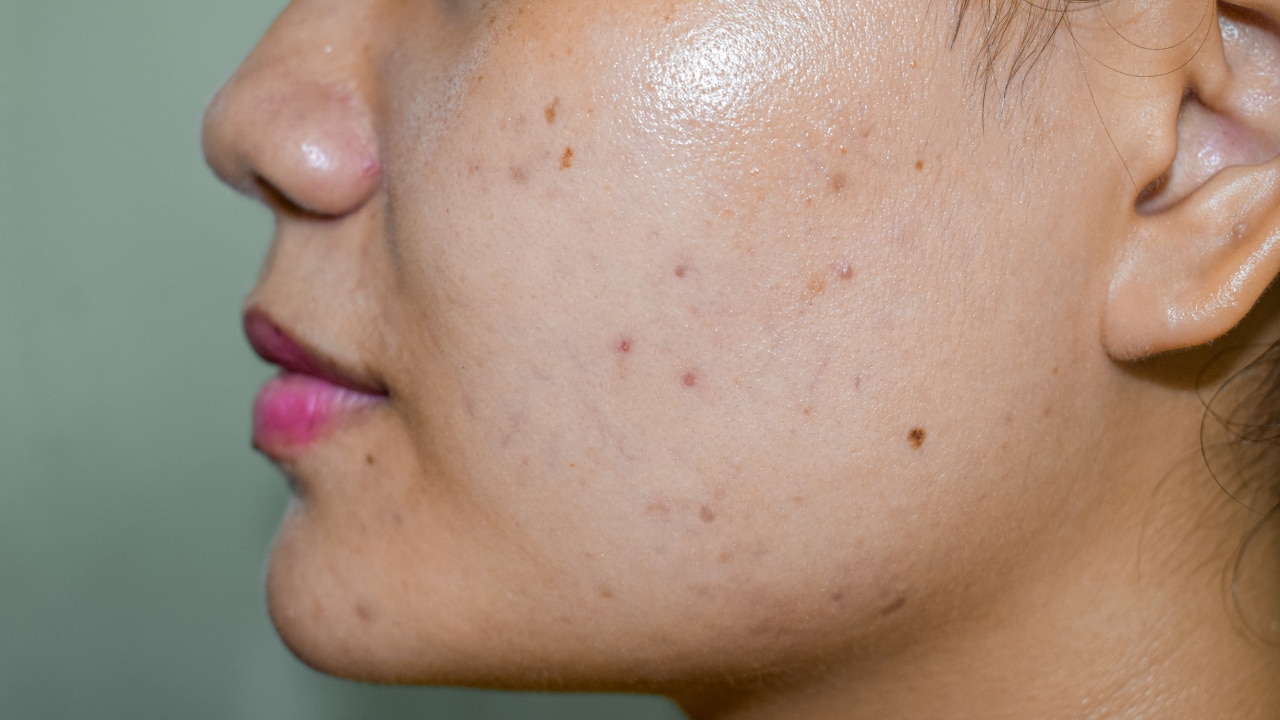
Regular sunscreen keeps your complexion bright and even, preventing post-summer pigmentation from worsening.
02Benefits of Using Sunscreen in Winter

If you're still on the fence, here's what happens when you make SPF a winter skincare staple:
- Prevents premature ageing: Shields your skin from fine lines, wrinkles, and age spots caused by UV exposure.
- Protects against UV-induced dryness: Helps maintain hydration by strengthening your skin's natural barrier.
- Reduces risk of pigmentation: Keeps dark spots and uneven tone at bay.
- Boosts glow: A good sunscreen locks in moisture and keeps your skin looking fresh and dewy despite the cold.
- Supports overall skin health: Protects against long-term sun damage that can lead to sensitivity or inflammation.
03How to Choose the Best Sunscreen for Winter

Not all sunscreens are created equal, especially when it comes to winter. Cold air, heaters, and layering can all affect how your skin behaves, so it's important to pick one that suits your skin type.
Sunscreen For Dry Skin In Winter:
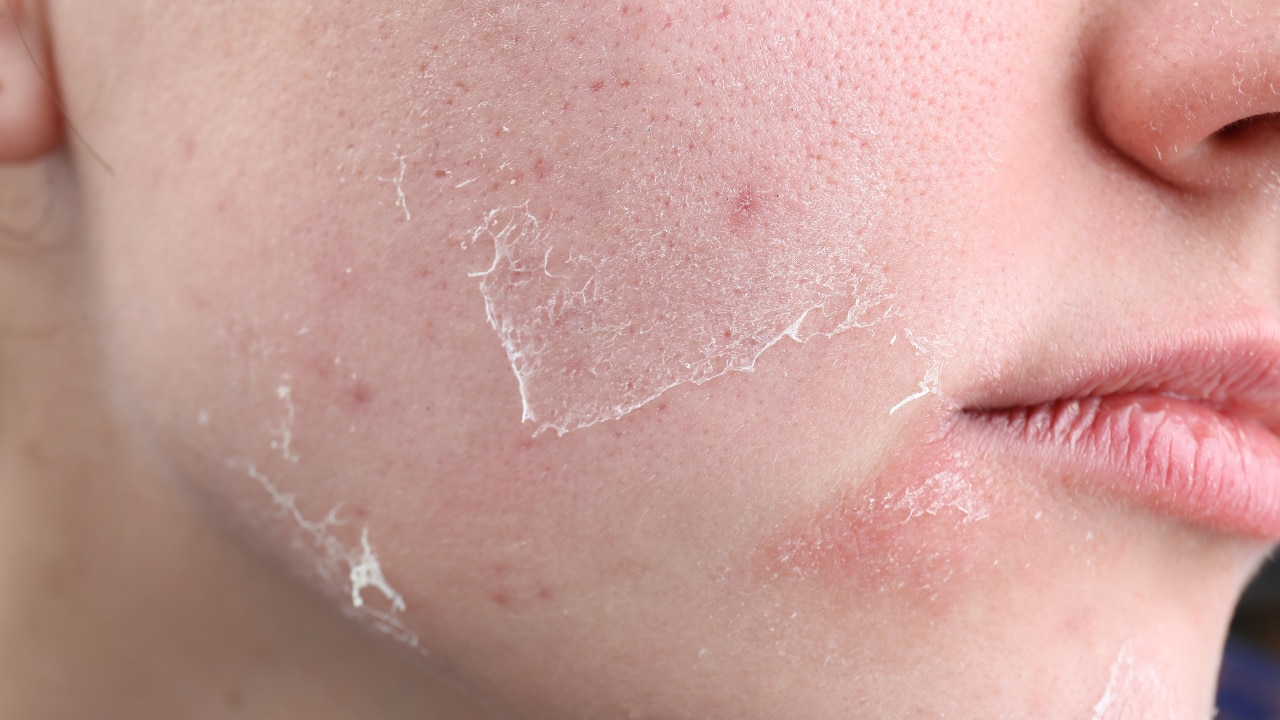
When your skin feels tight, flaky, or dull, a hydrating sunscreen is your best friend.
- Look for moisturising formulas with ingredients like hyaluronic acid, glycerin, or ceramides.
- Opt for a cream or lotion texture that adds an extra layer of nourishment.
- Try: Vaseline Gluta Hya Antioxidant Sunscreen — it not only shields your skin from UV rays but also contains GlutaGlow technology and hyaluronic acid to deeply hydrate and brighten dull winter skin.
- Bonus tip: Layer it over your moisturiser for maximum comfort and glow.
Sunscreen For Oily Skin In Winter:
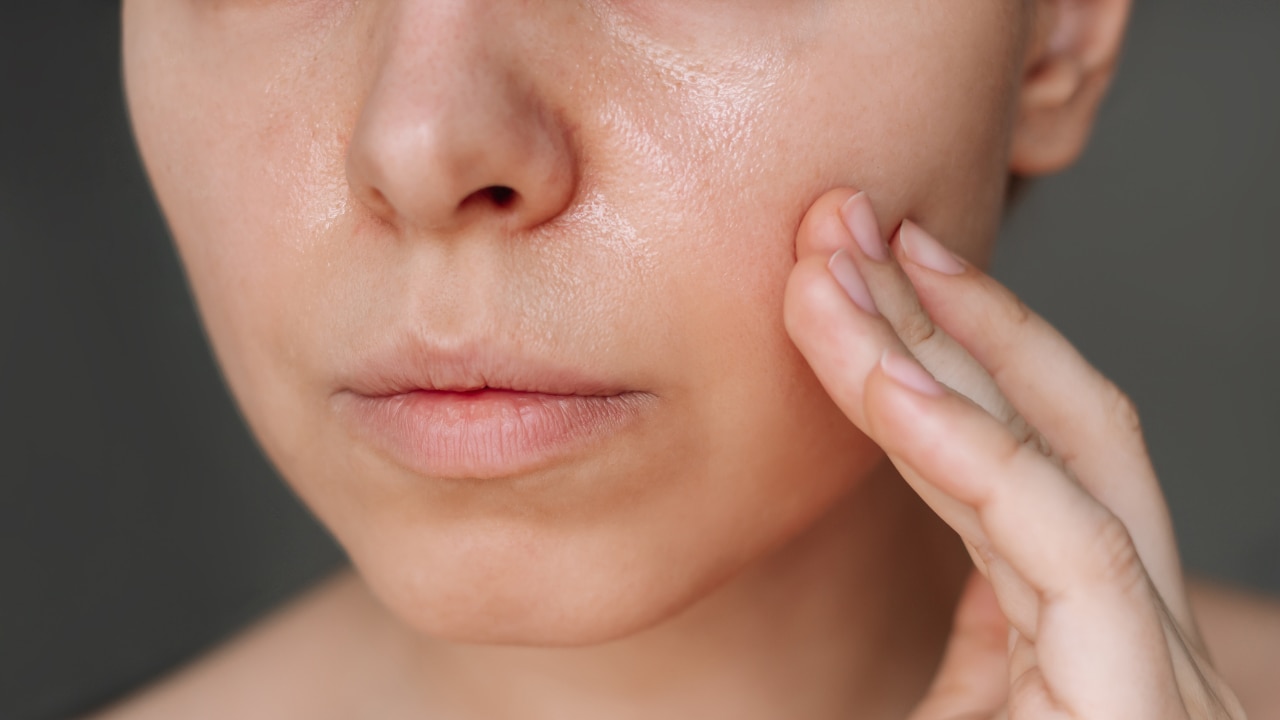
Winter might make your skin feel less greasy, but oil production doesn't stop completely.
- Go for lightweight, gel-based sunscreens that absorb quickly without leaving a sticky residue.
- Choose non-comedogenic formulas that won't clog pores.
- Try: Simple Kind to Skin Gel Sunscreen, which has a refreshing, non-greasy finish that suits even sensitive and breakout-prone skin. It hydrates while protecting your skin from UVA, UVB, and pollution.
- Tip: Reapply mid-day, especially if you sit near windows or work outdoors.
For Sensitive Skin:
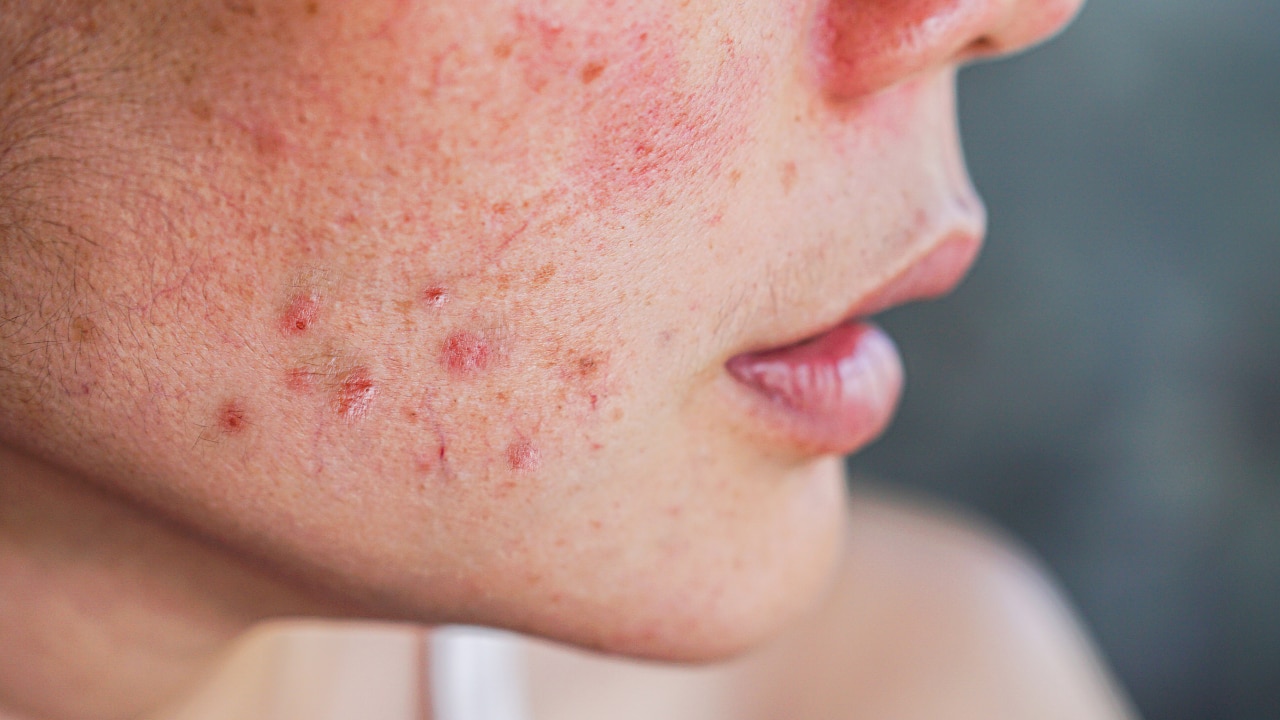
If your skin tends to react easily, winter dryness can make it even fussier.
- Pick gentle, fragrance-free sunscreens that contain soothing ingredients like aloe vera or vitamin E.
- Look for mineral-based SPFs (with zinc oxide or titanium dioxide) as they're less likely to irritate.
- Try: Lakmē Sun Expert Tinted Sunscreen — it offers SPF 50 protection while providing a soft tint that evens out redness and gives you that no-makeup glow.
- Tip: Always patch-test before full use to avoid flare-ups.
04How to Use Sunscreen in Winter
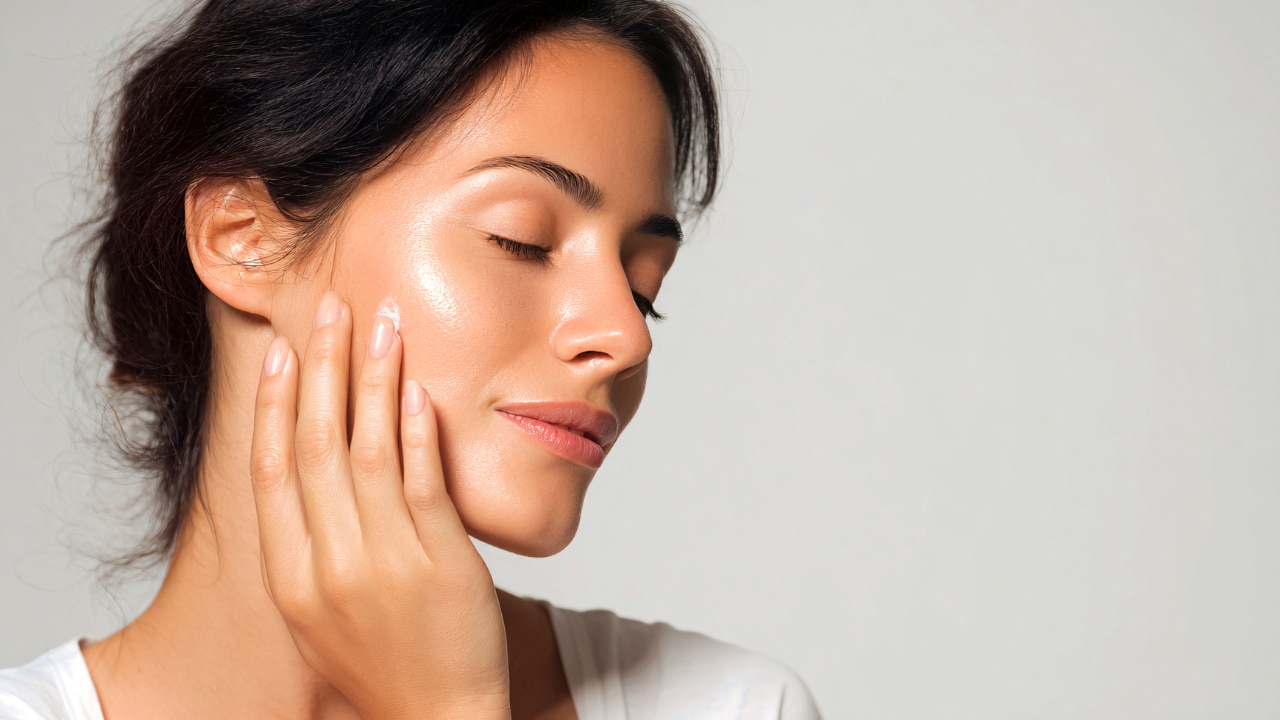
Using SPF the right way can make all the difference. Here's how to get the best protection and glow, even in the chilliest months:
- Start with clean, moisturised skin:
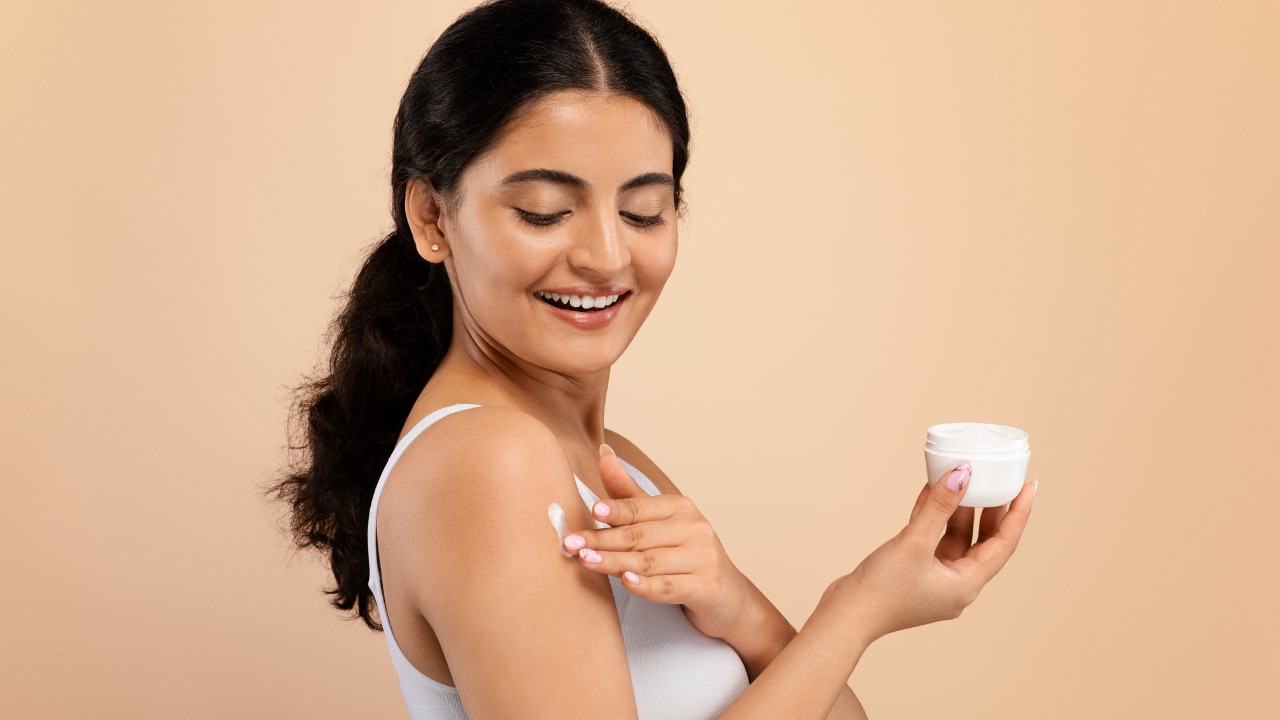
Hydrate first — sunscreen should always be your last skincare step before makeup.
- Apply the right amount:
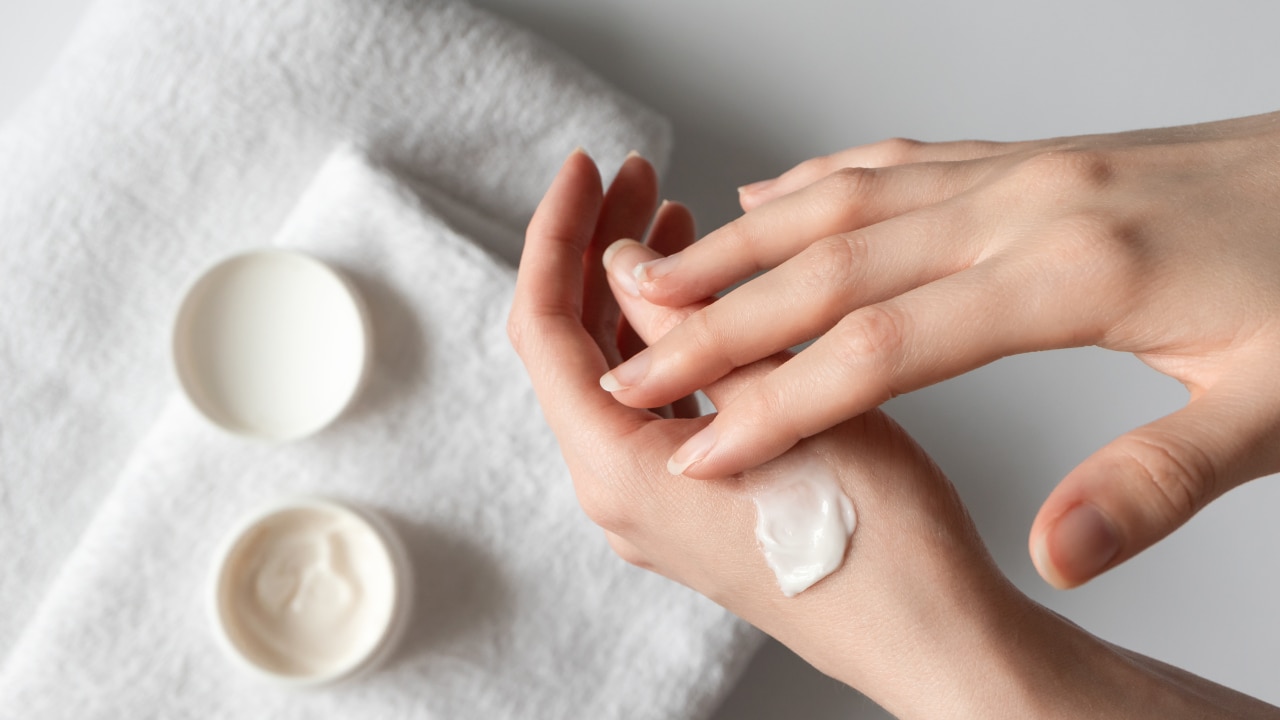
Use two finger-lengths of product for your face and neck. Don't skimp — too little won't protect you.
- Cover often-missed areas:
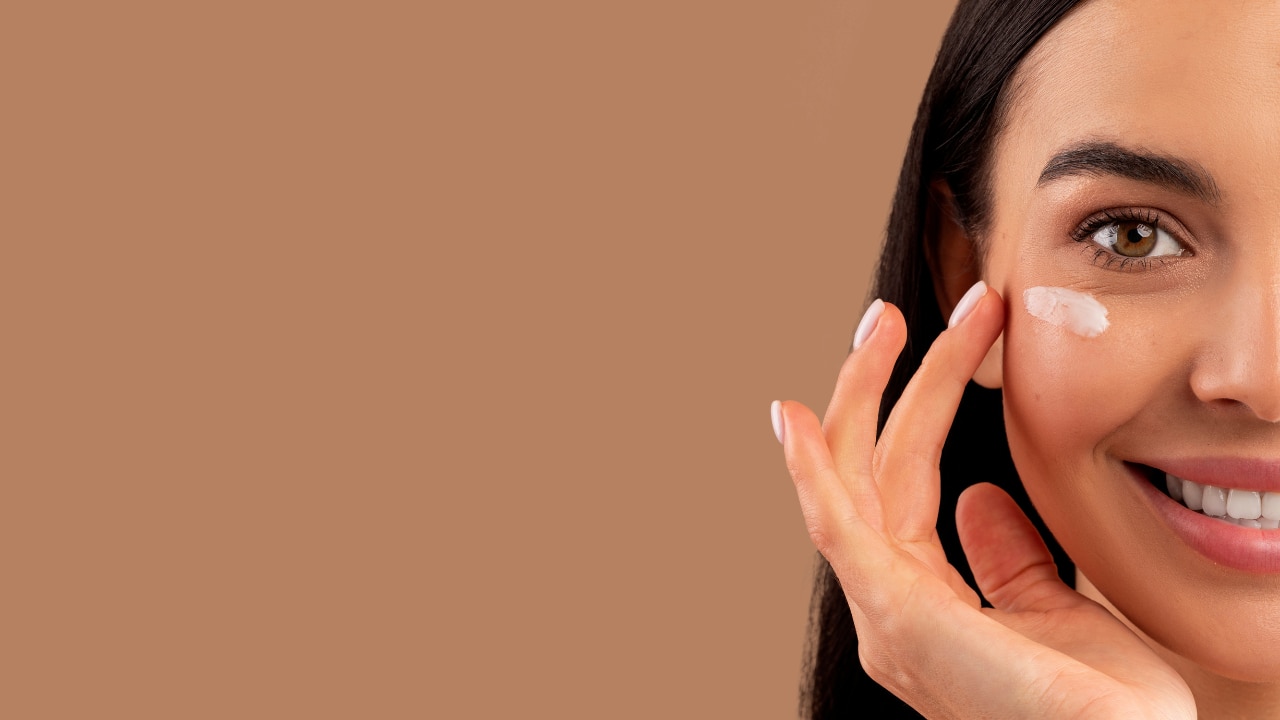
Think ears, under the chin, neck, and back of the hands.
- Let it set:

Wait for about 10 minutes before applying makeup.
- Reapply every 2–3 hours:
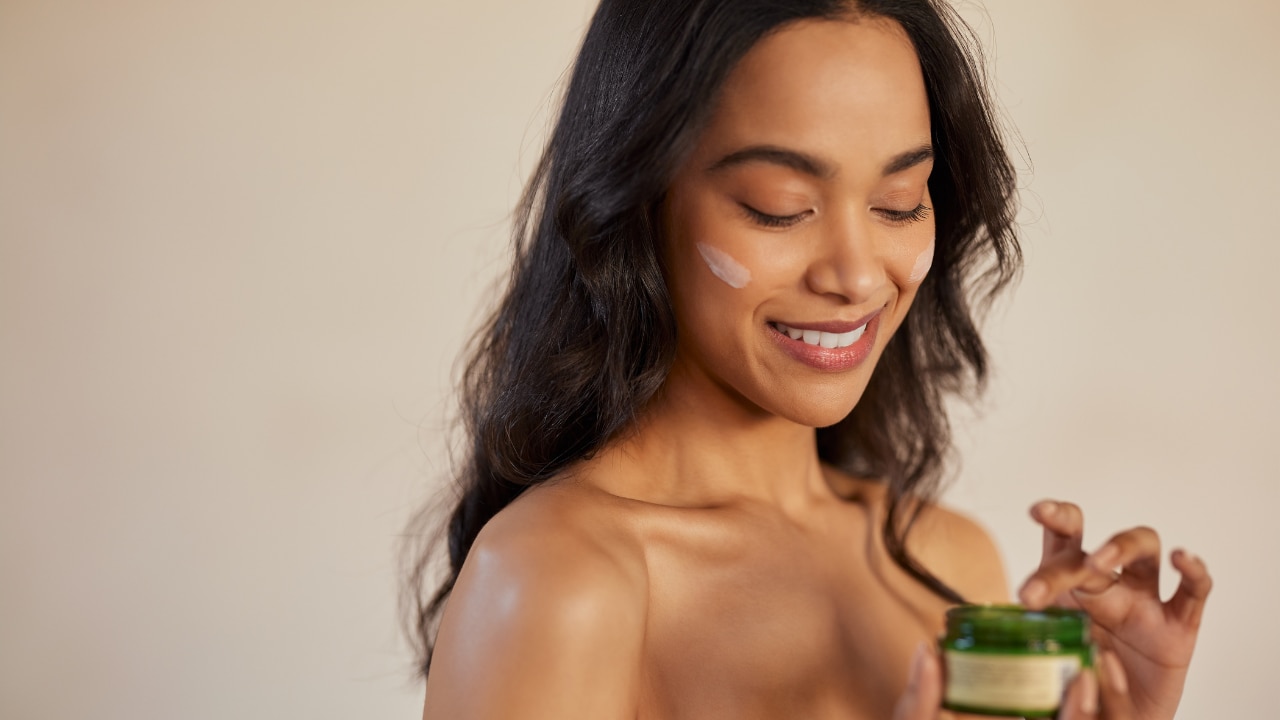
Especially if you're outdoors, near windows, or using heaters that dry out the skin.
- Pair with a lip balm with SPF:
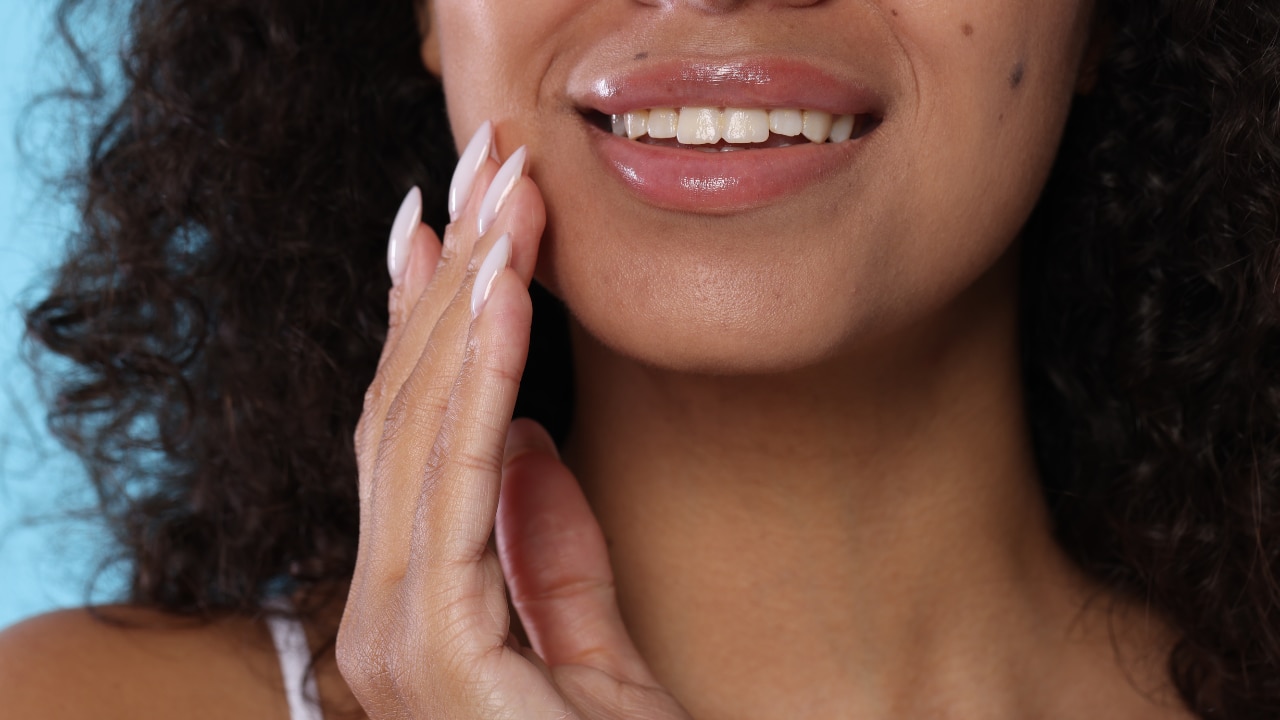
Lips are prone to cracking and sun damage too.
That's your foolproof answer to how to use sunscreen in winter — simple, effective, and glow-guaranteed.
05Common Mistakes to Avoid
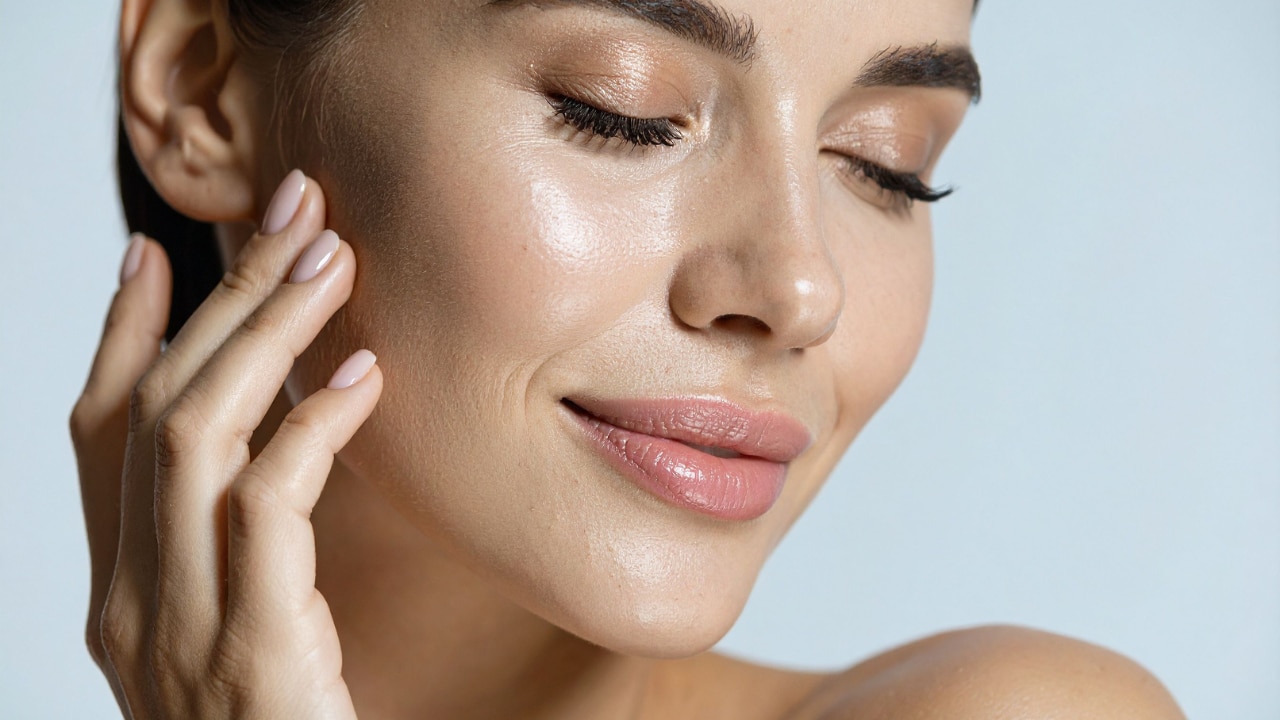
Even with the best intentions, these common SPF slip-ups can undo all your good work:
- Skipping sunscreen on cloudy days: UV rays still reach you, even through thick clouds.
- Relying on makeup with SPF: It's rarely enough protection on its own.
- Not reapplying: One morning application won't last all day.
- Ignoring neck and hands: These areas show early signs of ageing and deserve attention too.
- Using old sunscreen: SPF effectiveness decreases over time — always check expiry dates.
- Not layering properly: Apply sunscreen after your moisturiser to lock in hydration and protection.
Winter may feel mild on your skin, but UV rays are stealthy — they can age, dehydrate, and dull your complexion without you noticing. Whether you're heading out for a brisk morning walk, sitting by the office window, or scrolling indoors by the heater, your SPF should be as constant as your cup of coffee. The benefits of sunscreen in winter go far beyond UV protection — think hydrated, radiant, and youthful skin all season long. So, don't stash away that sunscreen just because the temperature's dropped. Make it part of your daily routine, and your skin will thank you come summer.
06FAQs
1. Can we use sunscreen in winter?
Absolutely! UV rays are present all year long, so daily sunscreen use is essential for healthy, glowing skin.
2. What is the best sunscreen in winter for dry skin?
Try a sunscreen that hydrates deeply while brightening dull winter skin.
3. Which sunscreen is best for oily skin in winter?
The ideal sunscreen for oily skin is one that is lightweight, non-sticky, and perfect under makeup.
4. Should I apply sunscreen indoors?
Yes! UVA rays and blue light from screens can damage skin even inside your home or office.
5. How often should I reapply sunscreen?
Every 2–3 hours, especially if you're outdoors, near windows, or working under bright lighting.
6. Can tinted sunscreen replace makeup?
Yes, tinted sunscreens are an amazing multi-tasking product. They give you sun protection and a light, even tint that doubles as a base.

